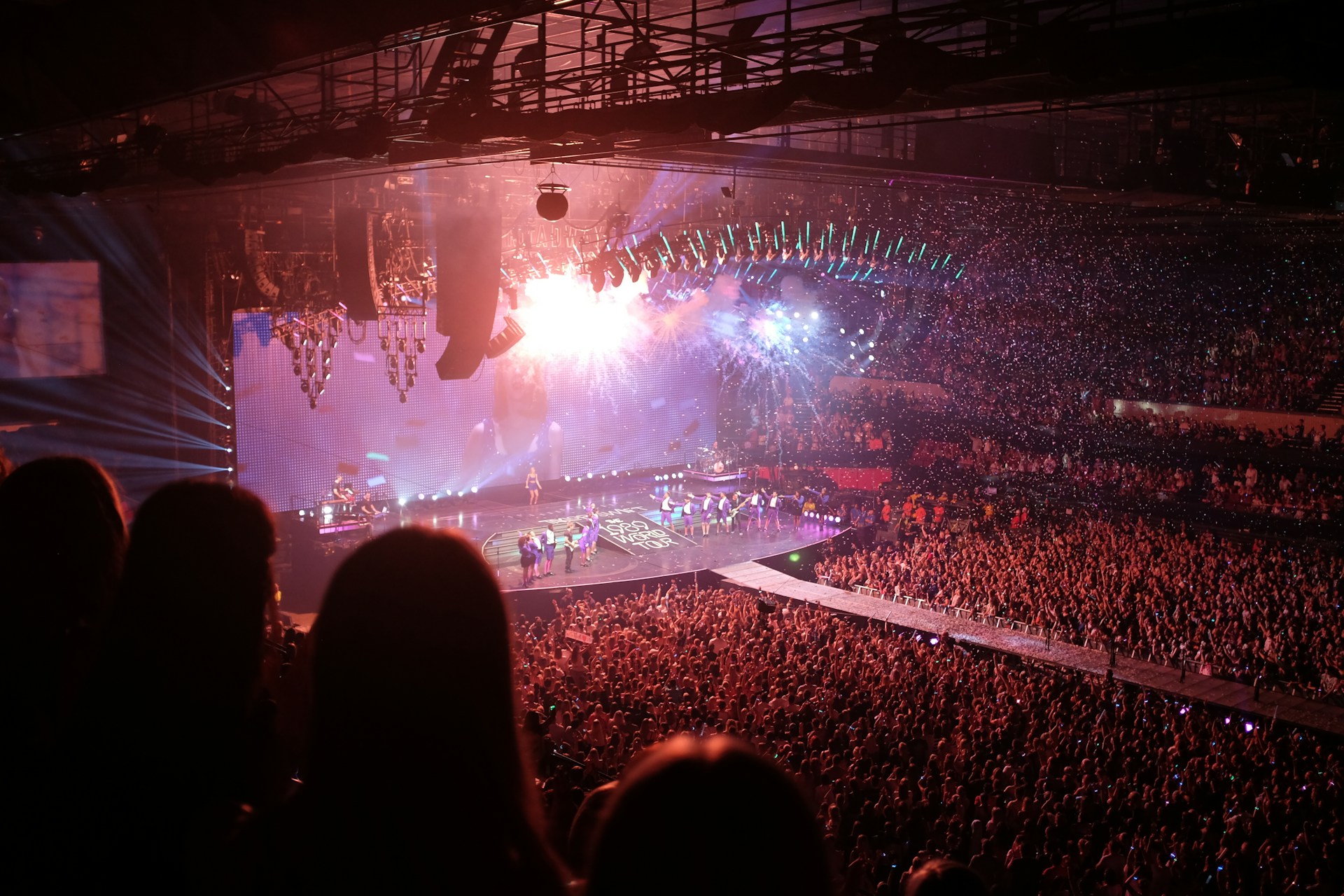Taylor Swift’s concerts are proving to be a significant economic boon not just for the pop star herself but also for the broader consumer industry. According to British Barclays Bank, the American megastar’s upcoming performances are projected to inject around one billion pounds (almost 1.2 billion euros) into the UK economy. The ripple effect of her “Eras” world tour is expected to be felt across various sectors, notably the hospitality industry, which is bracing for a substantial uptick in revenue.
Barclays’ analysis reveals that “Swifties” traveling to the UK for a concert spend an average of 848 pounds (almost 1,000 euros) on travel, accommodation, clothing, and food. On the day of a Taylor Swift concert, attendees are found to spend twelve times more than those engaging in other evening activities, highlighting the massive economic footprint of her events.
Swift is scheduled to perform 15 concerts in the UK between June and August as part of her “Eras” world tour. The pre-sale of tickets, which began last July, has already caused a nearly 16 percent year-over-year increase in entertainment spending, as reported by Barclays. This surge underscores the significant economic impact of her tour on local economies.
The average price for a concert ticket is approximately 240 euros. VIP tickets for Swift’s first European concerts in Paris last week were sold for as much as 1,500 euros. These Paris concerts alone drew 180,000 fans, illustrating the high demand and substantial spending power of her fanbase. Swift’s tour, which continues through August, will cover various European cities, with Germany hosting several performances in July in Gelsenkirchen, Munich, and twice in Hamburg.
The influx of fans for these concerts is a windfall for local businesses. Hotels, restaurants, and retail stores are poised to benefit from the increased foot traffic and spending. The tourism sector, in particular, is expected to see significant gains as fans often extend their stay to explore local attractions, thereby amplifying the economic benefits.
Swift’s influence extends beyond just ticket sales and direct spending. Merchandise sales at her concerts also contribute significantly to the economy. Fans often purchase memorabilia such as T-shirts, posters, and exclusive tour items, adding to the overall revenue generated by her performances.
Moreover, the promotional activities surrounding Swift’s concerts, including advertising and marketing campaigns, create additional economic activity. Media coverage and social media buzz further enhance the visibility of the host cities, potentially attracting future tourists and concert-goers.
In Germany, where Swift is set to perform in Gelsenkirchen, Munich, and Hamburg, local officials are preparing for the economic influx. These cities expect not only a surge in hotel bookings but also increased patronage of local eateries and shops. The concerts are anticipated to draw fans from across Europe, contributing to the local economy beyond just ticket sales.
The impact of Swift’s tour is a testament to the economic power of major entertainment events. By attracting large audiences, these events drive significant spending in host cities, benefiting a wide array of businesses. Taylor Swift’s “Eras” world tour exemplifies how a single artist’s tour can stimulate economic activity on a grand scale, showcasing the symbiotic relationship between the entertainment industry and local economies.










